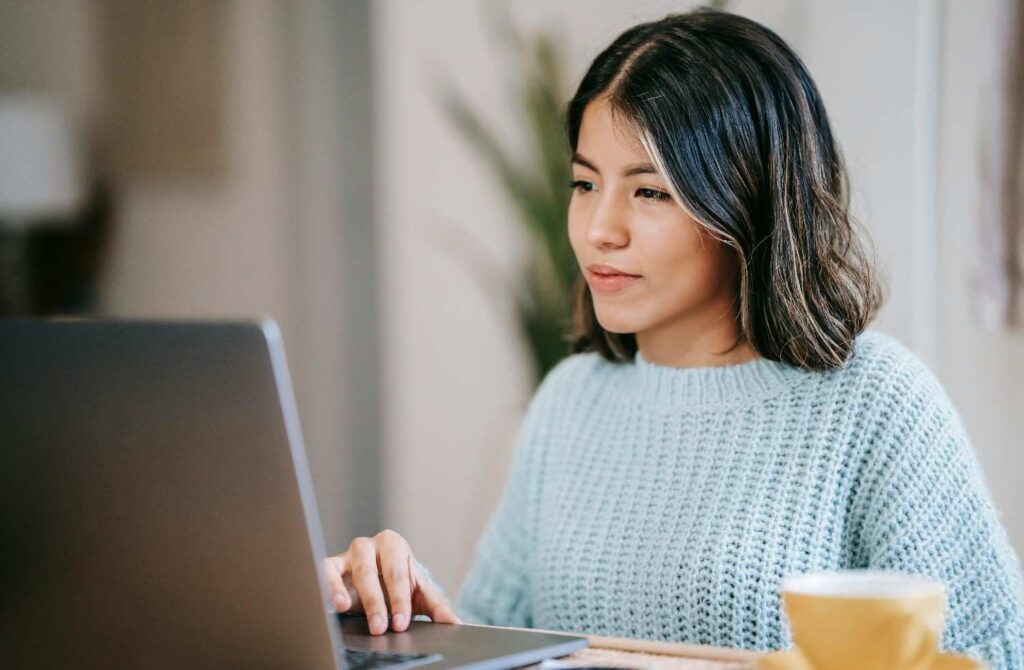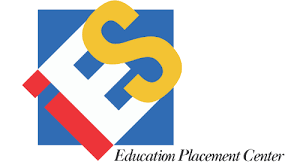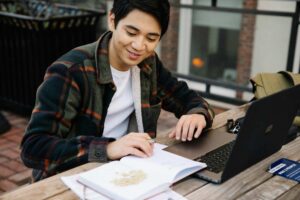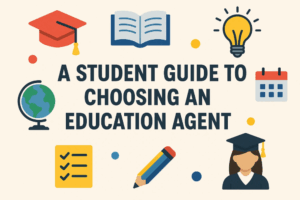Applying for a student visa is one of the most important steps in your study-abroad journey. While your documents show your eligibility, the visa interview gives the officer a chance to understand your intentions, verify your background, and ensure you are a genuine student.
Every year, thousands of applicants pass this stage successfully simply by being honest, calm, and well-prepared. Understanding what to expect can make all the difference between a stressful experience and a confident, positive one.
Why the Interview Matters
Visa interviews help officers confirm three main things:
- You are a genuine student who has chosen a course that matches your background.
- You have adequate financial support for your tuition and living costs.
- You have a clear plan to return home or follow lawful post-study options after completing your education.
The officer’s goal is not to intimidate you but to assess your credibility. Short, truthful, and well-structured answers make a better impression than memorised speeches.
Common Questions Asked in Student Visa Interviews
Although each country has its own format, most visa officers ask questions around these topics:
1. Academic background and course choice
- Why did you choose this course or university?
- How does it relate to your previous studies or career goals?
- What modules or subjects interest you most?
2. Financial proof
- Who will fund your studies?
- Can you show recent bank statements or sponsorship letters?
- How will you manage living expenses abroad?
3. Your Future Plans
- What will you do after graduating?
- Do you plan to return to your home country?
- How will this qualification help your career?
4. Travel and personal details
- Have you travelled abroad before?
- Do you have relatives in the destination country?
- Where will you live while studying?
Tip: Answer honestly and keep your responses consistent with your visa documents and application form.
Everything You Need to Bring for a Smooth Student Visa Interview
To avoid last-minute panic, prepare all your documents neatly in a folder. Include:
- Passport (valid for at least six months)
- Visa application form and appointment confirmation
- Offer or admission letter from your institution
- Academic transcripts and certificates
- Proof of English proficiency (IELTS, TOEFL, or equivalent)
- Financial evidence (bank statements, scholarship letters, sponsor’s affidavit)
- Accommodation details (university housing or rental confirmation)
- Medical and insurance documents (if required)
Organise your folder with labelled sections so you can quickly locate any document the officer asks for.
How to Prepare for Common Questions
1. Why this course and university?
When answering this question, focus on showing that your choice is thoughtful and well-researched. Explain how the course connects with your academic background, personal interests, or career goals.
Mention what specifically attracted you to the university, such as its reputation, facilities, teaching style, or location, and how these factors will support your learning and long-term plans.
2. Who is funding your studies?
Provide a clear and confident explanation of your financial support. State whether your studies are funded by yourself, your parents, a sponsor, or a scholarship. Be prepared to mention the type of financial evidence you have.
For instance, recent bank statements or official sponsorship letters. Visa officers want to see that you have sufficient and verifiable funds to cover tuition fees and living expenses without financial strain.
3. What are your post-study plans?
Your answer should show that you have a clear direction after completing your studies. Discuss how the qualification will help you achieve your professional goals and how you plan to apply the skills gained in your home country. Demonstrating strong ties to Malaysia, such as family, employment prospects, or community involvement, reassures the officer that you intend to return after your studies.
Keep your answers honest, consistent with your documents, and focused on how studying abroad contributes to your future, not just as an opportunity to live overseas, but as an investment in your personal and professional growth.
Body Language and Communication Tips
Your communication skills can influence the officer’s perception. Consider these tips:
- Dress smartly – formal or business-casual attire.
- Maintain eye contact to show confidence.
- Smile naturally to appear approachable.
- Listen carefully – don’t interrupt the officer.
- Answer clearly and calmly, even if you feel nervous.
- Avoid memorised speeches – speak naturally and sincerely.
If you don’t understand a question, politely say, “Could you please repeat that?” It’s better than guessing.
Video and Online Interview Tips

Many countries, including those popular among international students such as the UK, Canada, and for those who wish to study in Australia, now conduct video interviews as part of their credibility checks.
To prepare:
- Test your technology: internet connection, webcam, and microphone.
- Choose a quiet, well-lit space with a plain background.
- Log in early to avoid last-minute technical issues.
- Keep documents nearby for quick reference.
- Look into the camera when answering to simulate eye contact.
Avoid distractions such as phone notifications or background noise. Treat it as seriously as an in-person meeting.
Common Mistakes to Avoid
Even qualified students can face refusal due to small errors. Avoid these pitfalls:
- Giving inconsistent or inaccurate information.
- Submitting unclear or incomplete financial documents.
- Providing overly rehearsed or robotic answers.
- Showing uncertainty about your course or sponsor.
- Displaying overconfidence or nervous avoidance during questioning.
- Forgetting key details like tuition fees or the university name.
Remember, officers want genuine applicants who understand what they are applying for.
Understanding the Officer’s Perspective
Knowing what the officer looks for can help you prepare smarter. They assess:
- Authenticity: Does the student appear genuine and truthful?
- Intent: Does the applicant plan to study and return home after completion?
- Financial readiness: Can the student pay tuition and living costs without illegal work?
- Communication: Can the student speak English fluently enough to study successfully?
Keeping these factors in mind allows you to shape your responses strategically.
Final-Day Preparation Tips
On the day before your interview:
- Recheck your documents and photocopies.
- Get enough rest and hydration.
- Review your university details and course modules.
- Double-check your bank statement figures.
- Plan your travel route to the embassy or consulate.
- Arrive 15–20 minutes early.
A calm and punctual arrival creates a positive first impression.
What Happens After the Interview
Once your interview ends, the officer may:
- Approve your visa immediately or within a few days.
- Request additional documents for verification.
- Refuse your application if the information is insufficient.
If your visa is approved, follow the collection instructions carefully and prepare for pre-departure steps such as booking flights and arranging accommodation.
If your visa is refused, don’t panic. Review the reason given, fix the issue (e.g., missing financial proof), and reapply once ready. Many successful applicants get approved on their second attempt after addressing feedback.
Your Study-Abroad Success Starts with the Right Guidance
Preparing for a student visa interview can feel overwhelming, but you don’t have to face it alone. Working with a trusted education consultancy like Inquota in Malaysia gives you the advantage of expert guidance at every step. The team helps you navigate the entire visa process with clarity and confidence, from reviewing your documents and ensuring all requirements are met to conducting mock interviews that simulate real scenarios.
With the right preparation and professional assistance, your student visa interview becomes an opportunity to shine rather than a source of stress. Contact us today and be ready to start your international education journey with success.
Frequently Asked Questions
You’ll be asked about your course, funding, and post-study plans. The goal is to confirm your genuineness as a student.
Most interviews last between 5 and 20 minutes, depending on the complexity of your case and the number of questions asked.
Avoid saying you want to work full-time abroad, that you’re unsure of your plans, or anything that sounds untruthful or inconsistent with your documents.
Yes, but usually due to unclear answers or missing documents. With proper preparation, most genuine students pass easily.
Review common questions, rehearse answers aloud, do a mock interview with a friend, and stay informed about your course and sponsor details.




